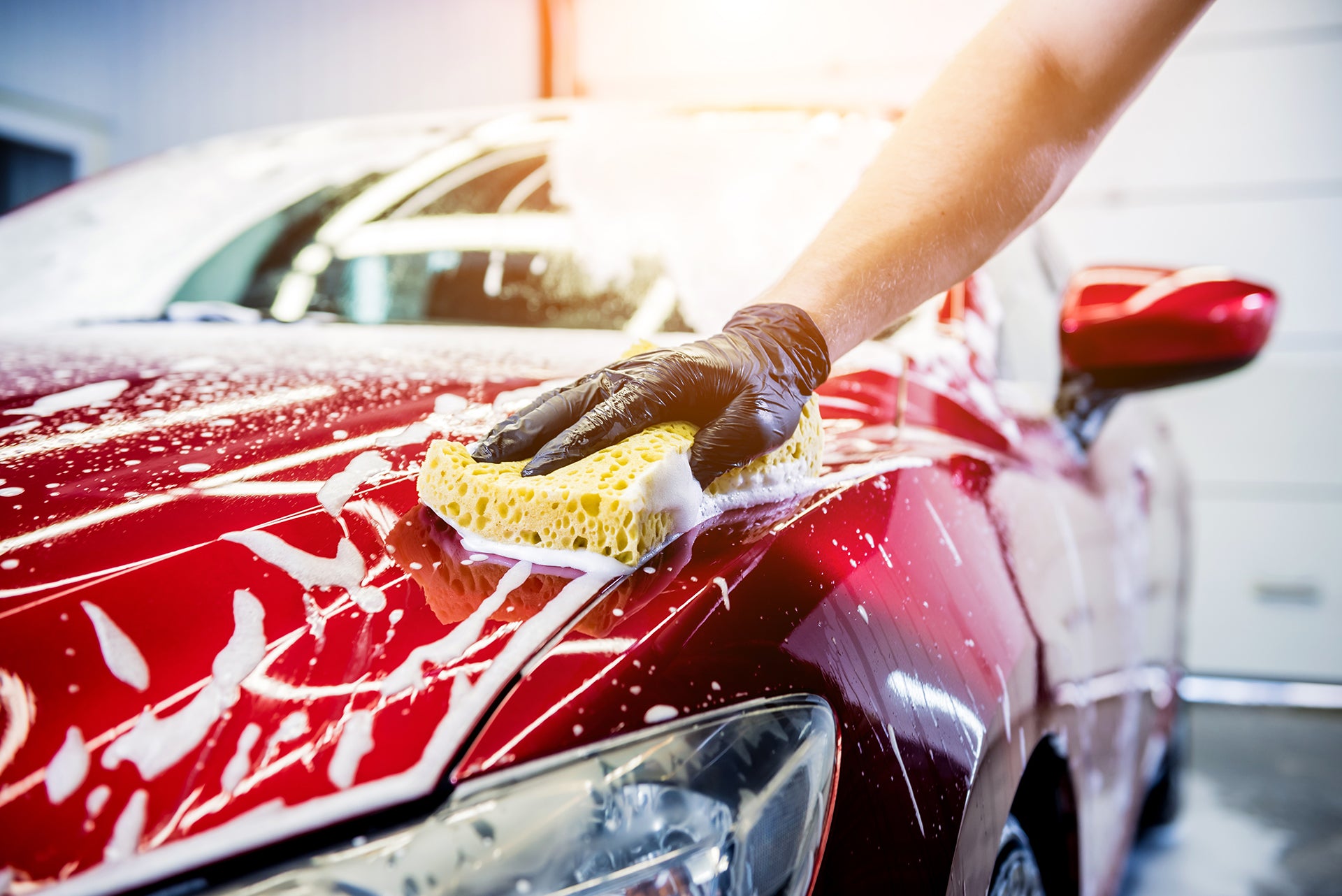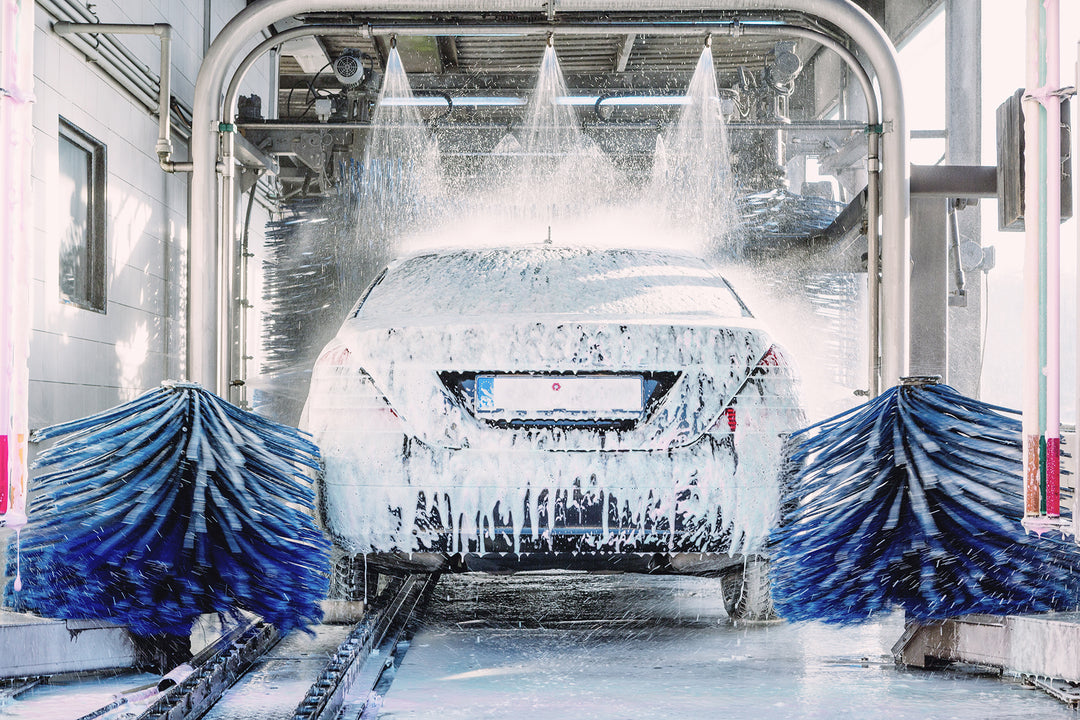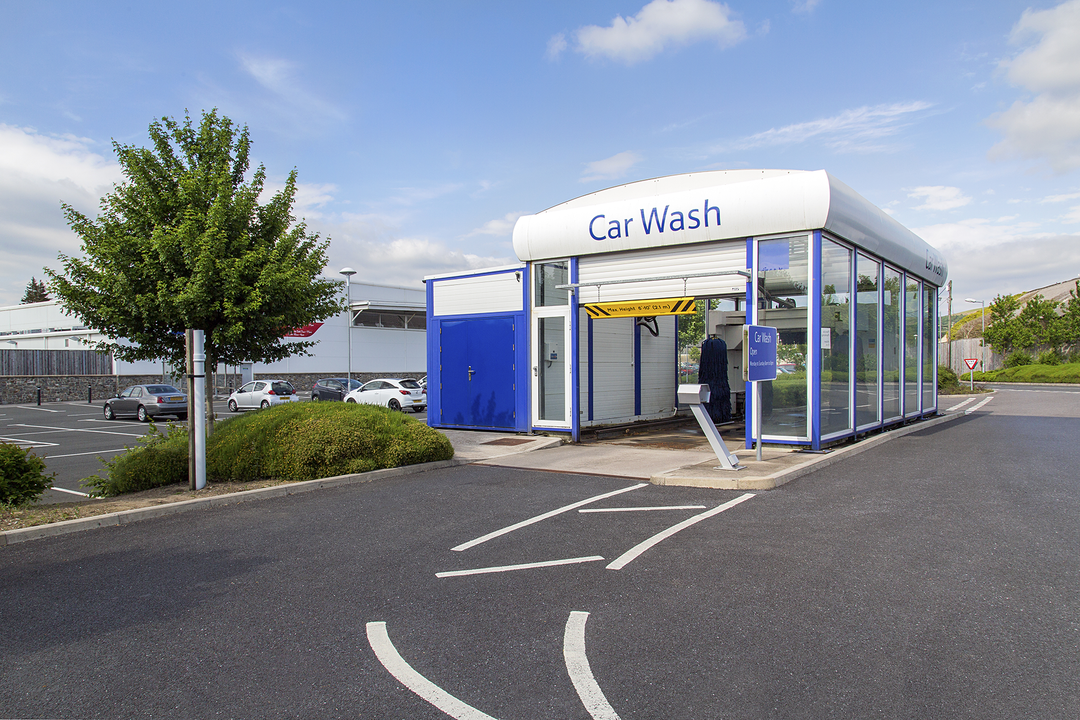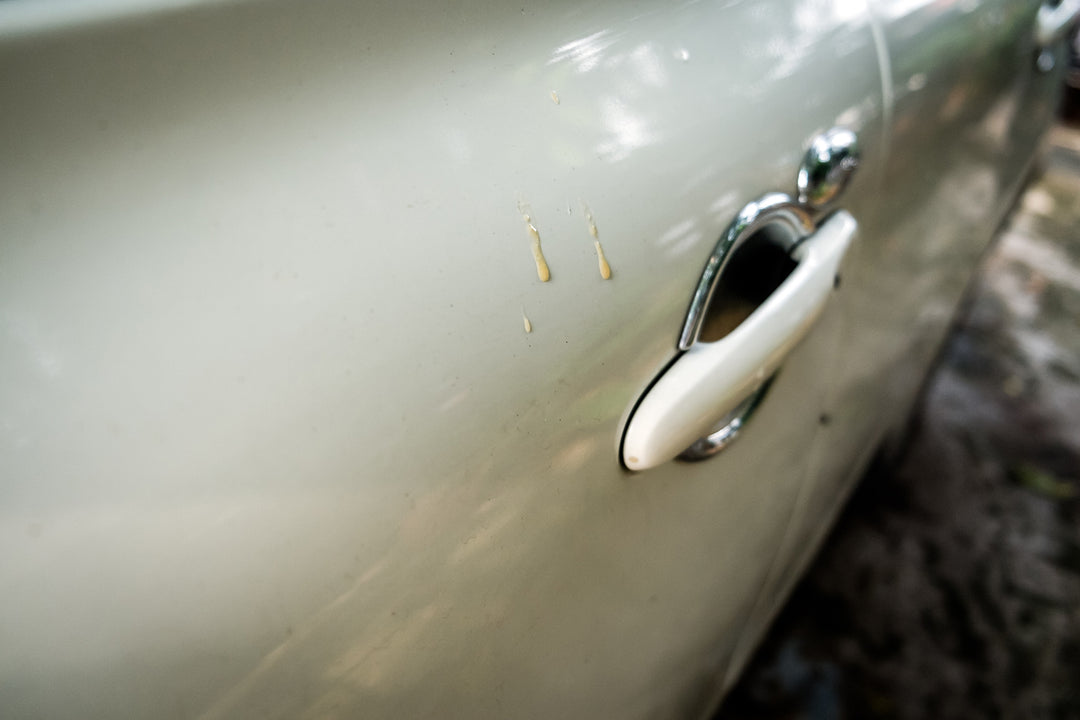Can You Wash Your Car Too Much?
- Posted on:


Keeping your car clean is more than just about its looks. It’s also about protecting your car’s health. Have you ever wondered if washing your car too much could be harmful? The truth is, it’s all about cleaning it the right way. This guide will show you how to wash your car while ensuring it stays in great shape without overdoing it. From choosing the proper washing methods to knowing when to wash, we’ll cover everything you need to know to keep your car looking its best while protecting its paint and finish.
Understanding the Basics of Car Washing

Washing your car is more than just making it look good. It's also about protecting it. When you wash your car, you get rid of dirt and stuff like bird poop or brake dust that can mess up the paint. But, some people think washing your car too often can harm it. That's not exactly true, as long as you do it correctly.
So, why wash your car? Mainly, it's to keep the paint and clear coat safe and looking nice. Washing it gets rid of dirt and keeps your car looking fresh. But, if you wash it too hard or use rough products, you could scratch the paint.
What's the best way to wash your car? Doing it by hand is usually safest. Use a soft cloth, like microfiber, and soap for cars. You can explore Detailing Express's collection of auto detailing supplies for high-quality washing accessories, including microfiber cloths and specifically designed car soap.
When you wash it, be gentle. You don't want to scratch it. Also, remember to wash the wheels and under the car, where a lot of dirt can hide. Drying your vehicle immediately after washing is also crucial to prevent water spots and paint damage, as minerals in water can corrode the clear coat and lead to rust.
What about those drive-through car washes? They're okay sometimes but can be rough on your car's paint. If you can, washing your car yourself is better. You can make sure you're gentle and get to every spot.
Washing your car often is okay if you're careful. Keeping your car clean isn't just about looks; it's also about taking care of it.
When to Wash Your Car

Knowing when to wash your car is vital to keeping it in shape. Experts from Progressive advise washing your car at least every two weeks to protect the paint and metal from damage, especially from elements like road salt and bugs. This routine helps keep the car clean and protects the paint and clear coat from getting messed up by dirt and other materials.
But there are times when you need to wash your car more often. According to Universal Technical Institute, there are several seemingly harmless substances that can damage the paint of the car, including tree sap, road salt, and bird droppings. All these things mean you should wash your car more often to stop the color from getting damaged.
Also, think about how you use your car. Driving a lot on dirt roads or in places where your vehicle gets dirty quickly can make you need to wash it more. Washing off abrasive or damaging materials, such as tree sap or road salt, as soon as possible is better than letting it sit and can avoid scratching the paint.
When you wash your car, it's best to hand wash it. When rinsing, use a hose with light, plain water flow, and make sure you rinse the whole car, including hard-to-reach spots like the wheel wells. After washing, dry your car correctly. Letting it dry in the sun can leave water spots. These water spots can damage the car’s protective coat because of the minerals left behind, like calcium and magnesium, that can slowly eat away at the paint. Use a clean towel for the drying process. This step is as important as washing because it helps avoid leaving marks on the car's finish.
So, wash your car every two weeks or more often if exposed to things like tree sap, road salt, or heavy dirt. This routine will help keep your car's paint and finish looking good and lasting longer. Taking care of your car's exterior is about making it look clean and protecting it from potential issues.
The Risks of Over-Washing

Car washing is important, but did you know you can wash it too much? Yes, frequent washing, especially if not done carefully, can harm your car’s paint and overall condition.
Let’s break it down. Your car’s paint and clear coat are like the car's skin; they need care. When you wash your car a lot, especially if you scrub hard, use rough cloths, or poor washing materials like household cleaners, you could end up scratching the paint. Improper washing techniques and materials can slowly wear down the clear coat and cause tiny scratches over time. By using soft cloths and car-specific cleansers, you can ensure a safer and more effective car washing process, preserving the appearance of your vehicle's exterior.
The type of car wash you use also matters. Automatic car washes might seem convenient, but they can be rough on your car. The brushes in automatic washes can leave scratches or swirl marks on your car's paint. Even those who claim to be 'touchless' can have issues, as the chemicals and high-pressure water they use might be too harsh. Hand washing is usually safer for your car's finish.
Washing your car is about finding a balance. You want to keep it clean to protect the paint and finish, but overdoing it can cause damage. Choose the correct car wash method and frequency to keep your ride looking great without risking its shine.
Balancing Cleanliness and Car Health

Keeping your car clean while ensuring its health can be a balancing act. It's not just about how often you wash your car but also how you maintain it between washes.
First, it's essential to use suitable methods when washing your car. To avoid scratching the paint, gently lather and thoroughly rinse it to remove all soap and debris. This helps in preserving the car's finish and automotive paint.
But what about between washes? You don't have to wash your car whenever it gets dirty. Instead, you can use alternative methods to keep it looking good. A quick wipe with a fresh microfiber cloth can be enough for light dirt and dust. This is especially useful for cleaning the car's windows or removing light debris from the body without needing a total wash.
Another tip is to use a car cover if your vehicle is parked outdoors for long periods. This can protect it from direct sunlight, rain, and other materials that might make it dirty. It's a simple step that can reduce how often you need to wash the entire car.
Using wax on your car's paint is also beneficial. Wax adds a protective layer that can repel dirt and water, making your vehicle stay cleaner for longer. It also makes future washing easier since dirt and debris will stick less.
For the wheels and tires, which often get dirty quickly, a regular quick scrub can keep them looking fresh without washing the whole vehicle. Using a separate bucket and brush for the wheels can prevent the spreading of dirt to the rest of the car.
Lastly, parking your car in a garage or under a shelter can significantly reduce the amount of loose dirt and debris exposed. This easy step can dramatically decrease the frequency of car washes needed.
While regular washing is essential to keep your car clean and protect its paint, you don't have to overdo it. With the proper techniques and innovative maintenance practices, you can keep your vehicle looking great and healthy without constant washing.
Synthesis and Recommendations

Alright, let's wrap up what we've learned about washing cars. It's all about finding the right balance – keeping your vehicle clean without going overboard and damaging it.
- How Often to Wash: Usually, washing your car every two weeks is good. But, if your vehicle gets dirty fast, like from salt, tree sap, and other material, you might need to wash it more.
- Best Way to Wash: Washing your car by hand is the safest. Use a soft cloth (like microfiber) and soap made for vehicles. Be gentle so you don't scratch the paint. And remember to rinse off all the soap well.
- Be Careful with Automatic Washes: While quick and easy, automatic car washes can be rough on your car. They might scratch the paint. So, hand washing is usually better.
- Keeping it Clean Between Washes: You can do a partial wash. Sometimes, just wiping your car with a clean cloth can help. If you use wax, it can keep your car cleaner for longer.
- Looking After Wheels and Tires: These parts get dirty fast, so give them a quick clean now and then. This helps your car look good without needing a full wash all the time.
- Where to Park: Parking in a garage or under something can keep your car cleaner. This way, it doesn't get as dirty from stuff falling on it or from sitting in the sun.
So, that's it! Wash your car regularly, but only a little. And when you do wash it, be gentle and use the right stuff. Soft washing helps keep your vehicle looking great and in good shape.
Frequently Asked Questions
What happens if you wash your car too often?
If you wash your car too much, it can be bad for the paint and the car's finish. Cleaning often can scratch the paint, especially if you scrub hard or use rough stuff. Over time, this can make the color look dull and can even lead to rust if the paint gets thin.
How frequently should you wash your car?
You should wash your car about every two weeks. But if your vehicle gets dirty quickly, like if you drive on dirt roads or live where there's a lot of tree sap or road salt, you might need to wash it more often. The key is to keep it clean without overdoing it.
Does frequent car wash damage paint?
Yes, washing your car too often or incorrectly can damage the paint. To avoid damage and ensure you're using the best products, consider checking out Detailing Express's high-quality car care products, which include gentle cleaners and protective waxes. If you use harsh cleansers, scrub too hard, or go through rough automatic car washes a lot, it can wear down the paint and clear coat. This can leave your car's body more open to rust and damage.
Is it bad to get your car washed once a week?
Getting your car washed once a week may be okay, especially if you live in an area with a lot of dirt and debris. But overwashing your car can result in harm to the paint and condition. It is best to stick with the recommended washing every two weeks and remove light debris with a clean microfiber cloth between washes.





